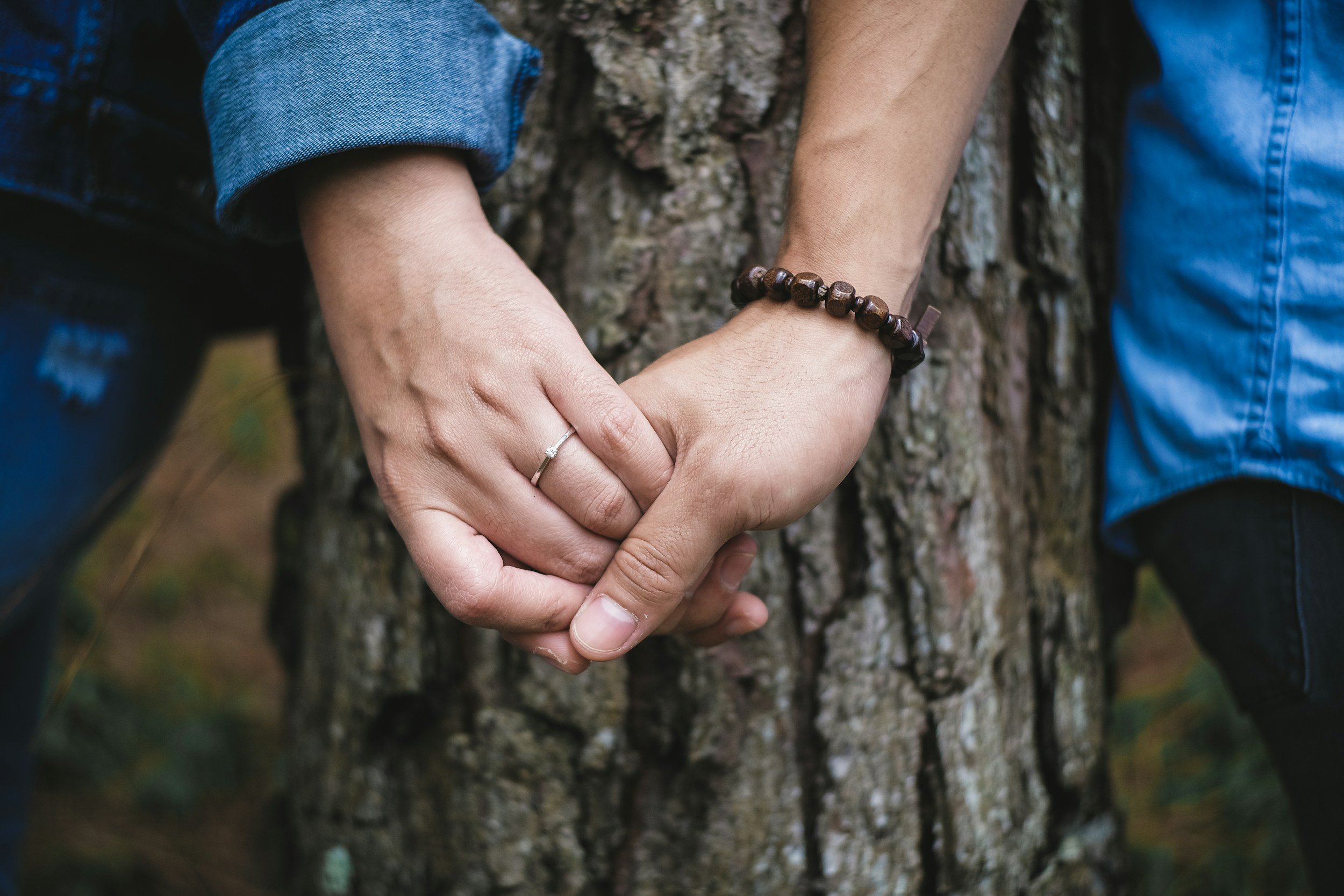
Governance Approach
The Survivors Circle for Reproductive Justice was incorporated in 2023 in Tyendinaga Mohawk Territory in Ontario. Survivors are actively involved in all aspects of the Survivors Circle and are anticipated to grow in number and level of involvement.
Indigenous persons and perspectives will lead the approach, involving parallel processes with system stakeholders, including human rights tribunals; executive, legislative, and judiciary levels of government; medical schools and practitioners; supporting organizations; and international bodies.
In June 2023, the board met to brainstorm a governance approach that can provide immediate local response and support to survivors and create a global reach with short-term, medium-term, and long-term goals.
-
We will relate to Indigenous people and communities locally by demonstrating respect, listening, understanding, and collaboration.
Short-term (2024-2025, Year 1 ), we will start with:
Identifying and welcoming survivors into Circle
Identify what survivors need in support
Provide healing and ceremony for survivors
Outreach to all First Nation, Inuit, and Métis communities.
Medium-term (2025-2027, Years 2 and 3), we will continue with ongoing activities and empower the following:
Enhanced specialized supports
Mutual support/shared experiences, stories, and histories
Culturally-specific support to Nations
Determining what reparation is required.
Build education and awareness.
Long-term (2027-2029, Years 4 and 5), we will:
Develop a research agenda, call for papers
Have survivors be spokespeople at all levels of organization
Produce documentary (e.g., For Love film).
-
We will speak with a united voice in relationships with all levels of state involved in government/system planning:
Short-term (2024-2025, Year 1 ), we will start work to:
Administer with high standards of accountability the Survivors Fund for the Circle, healing supports, and ceremony
Law reform
Provide direction to regulatory colleges (i.e., curriculum)
Advocate/fight for reparation/justice
Acknowledge apologies from involved hospitals, governments, and organizations (i.e., Canadian Medical Association, provinces, federal jurisdictions).
Medium-term (2025-2027, Years 2 and 3), we will continue with ongoing activities and empower the following:
Define and create standards for compensation, programs, policy, and apologies
Develop charitable status
Lobby/advocacy within prosecution system.
Long-term (2027-2029, Years 4 and 5), we will:
De-colonize the Crown-Province approach
Row Wampum approach
Eyed seeing
Mutual respect is tangibly felt at executive, legislative, and judiciary levels of government
Justice: prosecute wrongdoers.
-
We will be a legitimate authority at the UN and international bodies:
Short Term (2024-2025 “Inaugural year”) We will start with:
Join International Research Network to share story.
Learn about Reproductive Justice internationally by attending International forums
Medium Term (2025-2027 – Year 2 and 3) we will continue with ongoing activities and empower:
Share Education and awareness internationally – (UN/WHO)
Bring all voices together from child to Elders across Nations
Long-term (2027-2029 – Year 4 and 5:
Develop linkages with other Indigenous peoples internationally
-
We will build relationships and partnerships with Indigenous Nations/organizations across Canada and globally, especially in research and international law:
Short-term (2024-2025, Year 1), we will start with:
Outreach for global Indigenous connections
Attend and present at UN Forum on Indigenous issues.
Medium-term (2025-2027, Years 2 and 3), we will continue with ongoing activities and empower the following:
Create identity as one central organization to collect Indigenous data on survivors
Raise awareness of issue
Spread education and awareness.
Long-term (2027-2029, Years 4 and 5), we will:
Build ceremony and healing Nation to Nation
Curriculum taught in schools.

